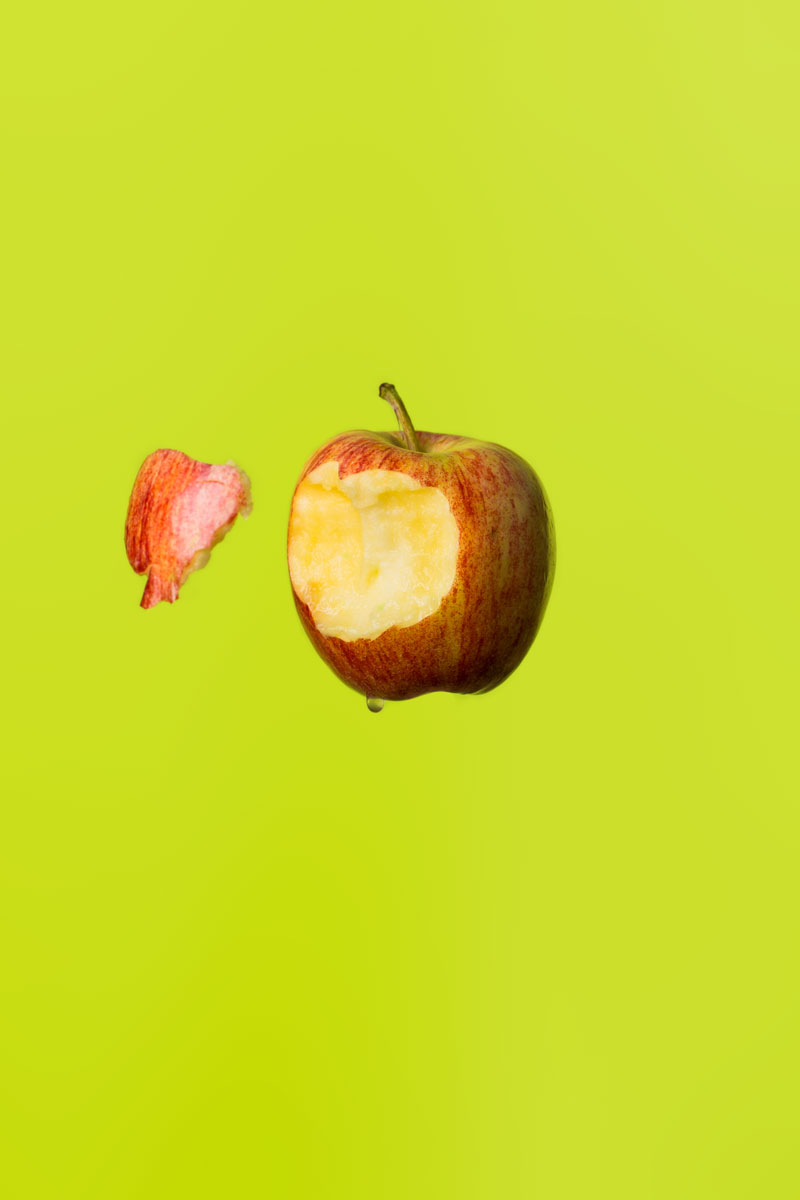Yes, bloody food banks.
They’re a blight on society. They go against everything that an egalitarian, democratic society stands for.
I’m privileged, relatively speaking. I’m part of the white, middle class food world bubble who posts on Twitter about the joys of cooking with ingredients that require a trip to Waitrose or speciality food stores. I have not, yet, required the services of a food bank, although my mum mistakenly thought that my student status and part time employment meant I qualified to use one, bless her.
Ironically, I do visit a food bank, because I help at one. This triggered a chain of learning which is leading me down a path of sheer incredulity at the way British society has constructed these outposts of basic human survival.
Lets start with some facts. Food banks have existed for thirty years in the United States, as opposed to 15 years in the UK. Back in 2000, there was a single food bank in the UK, now there’s lots, possibly more than 2,000, but no-one knows exactly how many, because nobody keeps data on them all. The Trussell Trust keeps data on their own network, however they charge food banks to be a member, an expense which some banks, such as the one I volunteer at, understandably can’t justify. However, there is one thing which the US can teach us, which is that food banks will solve nothing.
They’re like a self-fulfilling prophecy, once they’re here, they’re here to stay. People question the rapid growth of food banks, why so many people are using them today, with potentially two million food parcels given out a year. The answer might simply be “because they can”. If you’re cash strapped, hard up, facing crisis or welfare inadequacies, then food banks can provide a slice of sustenance to get you through a few days. Who can begrudge that?
Sadly, food banks represent little more than emergency food aid, like shipments flown into a famine stricken country, which is a problem. They give no form of empowerment, engagement, responsibility, agency, equality, democracy or power to their recipients, which ‘good’ charity should. It’s commonly noted that food bank recipients experience shame and stigmatisation by visiting a food bank, many people who qualify to use one refuse to do so, because of these reasons and their own sense of pride.
Last night on Twitter I saw some disparaging words about the ‘kettle bags’ that food banks give out; simple food packages that can be cooked with no more than a kettle. It’s true, that’s what happens. And there’s a good reason, my local food bank opens one day a week and serves an unknown amount of users, we don’t know who will turn up, so it’s very difficult to hold perishable goods in stock without wasting food, time, money or all three. This means we’re looking at long life and dried or tinned goods.
Astute readers are probably thinking we could link food waste with food banks, to help serve up fruit, veg and meat. Well, we can. FareShare have taken the role of redistributing food waste and cast-off produce from the food and drink industry. But, going back to the beginning, since when did an egalitarian society feed the vulnerable with the waste of the privileged? It’s a self-fulfilling virtuous feedback loop which requires everyone involved to put their fingers in their ears and pretend they’re not listening to the bigger picture, or prepared to tackle the underlying problems.
Lets not forget that food banks, staffed by volunteers with zero central funding, have very few resources at their disposal. We also need to cater for the vast breadth of society that comes through the door each week. Refugees, homeless, families, mothers, fathers, babies, teenagers, ex-convicts, pensioners, single, married. A Bangladeshi single mother with a young family, who has a deeply ingrained family food culture will want diametrically different food to a homeless guy who doesn’t have a tin opener, or a young man in a halfway house with no fridge, who has never, ever learned how to cook, bar making a cup of tea. Donated food, volunteers and vicars do not have the resources required to cater individually to such diverse and unique situations, so we cater to the person with fewest resources and everyone gets the same choice.
The government doesn’t want to acknowledge food banks officially, despite welfare cuts being dependent on food banks to buffer those who are hit hardest. When Jacob Rees-Mogg commented that food banks are “uplifting” and “compassionate”, it was one of the most uneducated and dangerously misguided comments I’ve ever heard from someone in a position of power. But he had to say that, to toe the party line, because his party needs food banks. Their only other option is to actually take steps to look after the vulnerable in society, but it’s far easier to dust off their hands and leave that to ‘Big Society’, AKA you and me.
I could go on for a lot longer, but I’ll leave it there… for today.

